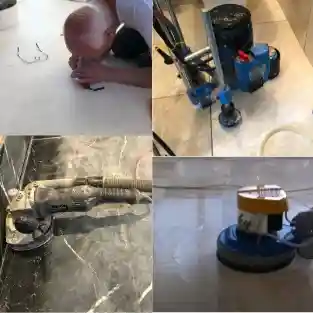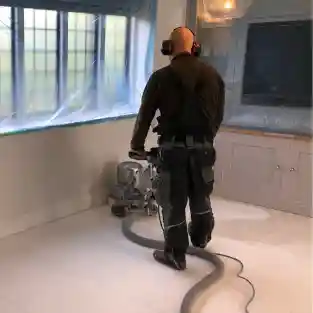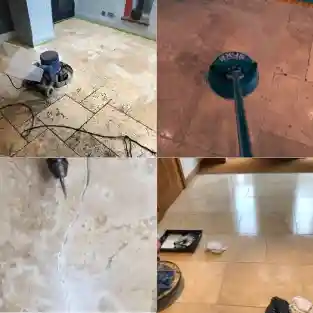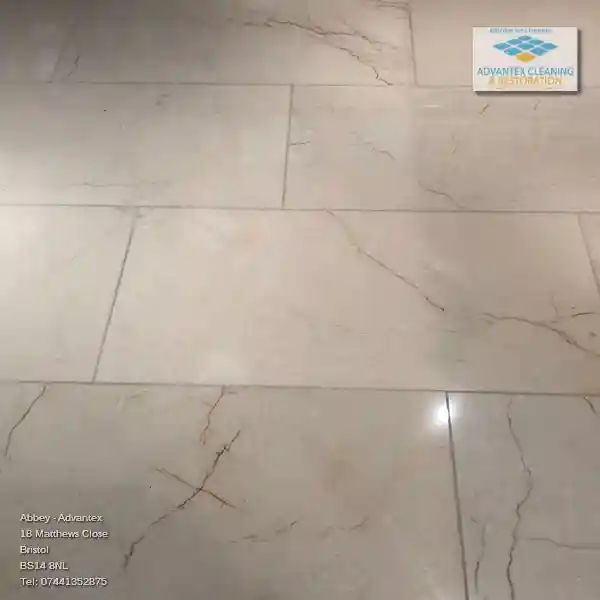Nearby Areas We Serve Around Newbury
Aldermaston, Aldermaston Soke, Aldermaston Wharf, Aldworth, Altmore, Amen Corner, Anvilles, Applehouse Hill, Arborfield, Arborfield Cross, Arborfield Garrison, Ascot, Ashampstead, Ashampstead Green, Ashmore Green, Aston, Avington, Bagnor, Barkham, Beaumont, Beech Hill, Beedon, Beedon Hill, Beenham, Beenham Stocks, Beenham's Heath, Bigfrith, Binfield, Birch Hill, Bisham, Bishop's Green, Blacknest, Borough Marsh, Bothampstead, Bowsey Hill, Boxford, Boyn Hill, Bracknell, Bradfield, Brands Hill, Bray, Bray Wick, Braywoodside, Brightwalton, Brightwalton Green, Brightwalton Holt, Brimpton, Brimpton Common, Britwell, Brookside, Broomhall, Bucklebury, Bucklebury Alley, Bullbrook, Burchett's Green, Burghfield, Burghfield Common, Burghfield Hill, Burnt Hill, Bury's Bank, Cabbage Hill, Calcot, Calcot Row, Carter's Hill, Catmore, Caversham, Caversham Heights, Chaddleworth, Chalvey, Chapel Row, Charvil, Chavey Down, Cheapside, Chieveley, Churchend, Cippenham, Clapton, Clay Hill, Clewer Green, Clewer New Town, Clewer Village, Cockpole Green, Cold Ash, Cold Harbour, Coley, College Town, Colthrop, Combe, Compton, Cookham, Cookham Dean, Cookham Rise, Cox Green, Cranbourne, Crazies Hill, Crockham Heath, Crookham, Crown Wood, Crowthorne, Curridge, Datchet, Datchet Common, Dedworth, Donnington, Dowlesgreen, Downend, Earley, East Fields, East Garston, East Ilsley, Eastbury, Easthampstead, Eastheath, Easton, Eddington, Egypt, Elcot, Eling, Emmbrook, Emmer Green, Enborne, Enborne Row, Englefield, Eton, Eton Wick, Farnborough, Fawley, Fifield, Finchampstead, Fishery, Four Houses Corner, Four Points, Frilsham, Furze Platt, Gardeners Green, Goddard's Green, Goldfinch Bottom, Grazeley, Grazeley Green, Great Hollands, Great Lea Common, Great Shefford, Greenham, Halfway, Hampstead Norreys, Hamstead Marshall, Hanworth, Hare Hatch, Harmans Water, Hawthorn Hill, Heathlands, Hell Corner, Hermitage, Highway, Hillgreen, Hoe Benham, Holloway, Holly Cross, Holyport, Honey Hill, Hopgoods Green, Horncastle, Horton, Hungerford, Hungerford Green, Hungerford Newtown, Hunt's Green, Hurley, Hurley Bottom, Hurst, Hyde End, Hythe End, Inkpen, Inkpen Common, Jealott's Hill, Jennetts Hill, Kiff Green, Kiln Green, Kintbury, Knowl Hill, Lambourn, Lambourn Woodlands, Langley, Langley Common, Leckhampstead, Leckhampstead Thicket, Leverton, Lilley, Little Heath, Little Hungerford, Little Sandhurst, Littlefield Green, Littlewick Green, Longlane, Lower Basildon, Lower Caversham, Lower Earley, Lower Green, Lower Padworth, Lynch Hill, Maiden's Green, Maidenhead, Maidenhead Court, Malpas, Manor Park, Marsh Benham, Marsh Gate, Matthewsgreen, Mell Green, Merryhill Green, Midgham, Midgham Green, Miles's Green, Moneyrow Green, Mortimer, Moss End, New Greenham Park, Newbury, Newell Green, Nodmore, North Ascot, North Heath, North Street, North Town, Nuptown, Oakley Green, Oare, Old Windsor, Owlsmoor, Ownham, Padworth, Padworth Common, Paley Street, Pangbourne, Parker's Corner, Peasemore, Pingewood, Pinkneys Green, Popeswood, Poundgreen, Priestwood, Purley on Thames, Purton, Quick's Green, Ragnal, Ravenswood Village Settlement, Reading, Remenham, Remenham Hill, Rotten Row, Ruscombe, Ryeish Green, Salt Hill, Sandhurst, Sanham Green, Schoolgreen, Scotland, Scotswood, Shaw, Sheepdrove, Sheffield Bottom, Shefford Woodlands, Shinfield, Shurlock Row, Sindlesham, Skinners Green, Slough, Sonning, South Ascot, South Fawley, South Field, Southcote, Speen, Spencers Wood, Spital, Stanford Dingley, Stanford End, Stanmore, Stockcross, Stratfield Mortimer, Stubbings, Stubbles, Stud Green, Sulham, Sulhampstead Bannister Upper End, Sulhamstead, Sulhamstead Abbots, Sunningdale, Sunninghill, Sunnymeads, Swallowfield, Temple, Thatcham, The Holt, The Mount, The Ridges, The Rise, The Slade, The Throat, Theale, Three Mile Cross, Tickleback Row, Tidmarsh, Tilehurst, Titcomb, Tittenhurst, Tittle Row, Touchen-end, Trapshill, Trash Green, Turner's Green, Tutts Clump, Twyford, Ufton Green, Ufton Nervet, Upper Basildon, Upper Bucklebury, Upper Green, Upper Lambourn, Upper Woolhampton, Upton, Upton Lea, Village, The, Waltham St Lawrence, Warfield, Wargrave, Warren Row, Wash Common, Wash Water, Wasing, Wawcott, Welford, Wellhouse, West Fields, West Ilsley, West Woodhay, Westbrook, Weston, Westridge Green, Westrop Green, Whistley Green, White Waltham, Whitehouse Green, Whiteknights, Whitley, Whitley Wood, Wick Hill, Wickham, Wickham Green, Wickham Heath, Wildridings, Winding Wood, Winkfield, Winkfield Place, Winkfield Row, Winnersh, Winterbourne, Wokingham, Woodlands Park, Woodlands St Mary, Woodley, Woodley Green, Woodspeen, Woolhampton, Woolley Green, World's End, Wraysbury, Yattendon


















